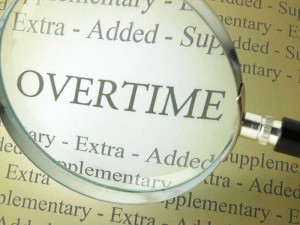Are you treating your employee gratuities correctly?
In 2012, the IRS announced a new revenue ruling related to employee tips that takes effect January 1, 2014 (postponed from 2013). Under this ruling, the IRS now makes an important distinction between tips and service charges (including prepaid gratuity fees).
According to the IRS, a tip is generally an additional amount voluntarily added (or given without compulsion) by a customer to the customer’s check (where the customer has an unrestricted right to determine the amount) and paid to employees.
Many private clubs, rather that allowing member tipping, include either a mandatory service charge on a member’s check or charge their members a prepaid gratuity fee.
Why is this important?
In the most general terms, under the IRS ruling, tips are income to your employees while service charges and prepaid gratuity fees are income to your club. This means that automatic gratuities such as mandatory service charges and prepaid gratuity fees will be classified as regular wages and subject to payroll tax withholding when paid to your employees.
While this, in and of itself, may only seem to result in additional paperwork for the employer, the larger issue is how the services charges and automatic gratuities can affect your club’s payroll costs.
Overtime is a cost that can easily have a negative impact on your clubs bottom line and this ruling may have a significant impact on those costs. During a club’s busy season, there are many times that clubs need their employees to work overtime to meet member demand. When a club pays out a portion of the mandatory gratuities or service charges to its employees, the club may have to recalculate its employee’s base hourly rate of pay and resulting overtime rates.
Some other consequences that a club may have to evaluate and consider the effect of include:
- If a club is a taxable entity rather than a not-for-profit organization, the taxability of the service charges and the loss of the business credit related to tips may need to be assessed.
- If a club allows tipping but also charges service charges on large groups and banquets, the club will need to implement an accounting system to properly track and allocate the tips/service charges and resultant effects on the employees hourly rates of pay.
Laydon and Company’s Private Club Services Group professionals can help you review your current accounting for tips, service charges and prepaid gratuities to ensure you are in compliance with Internal Revenue Service requirements.
If you have any questions or need any assistance in this area, please contact Elmer Laydon of our Private Club Services Group.
